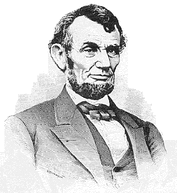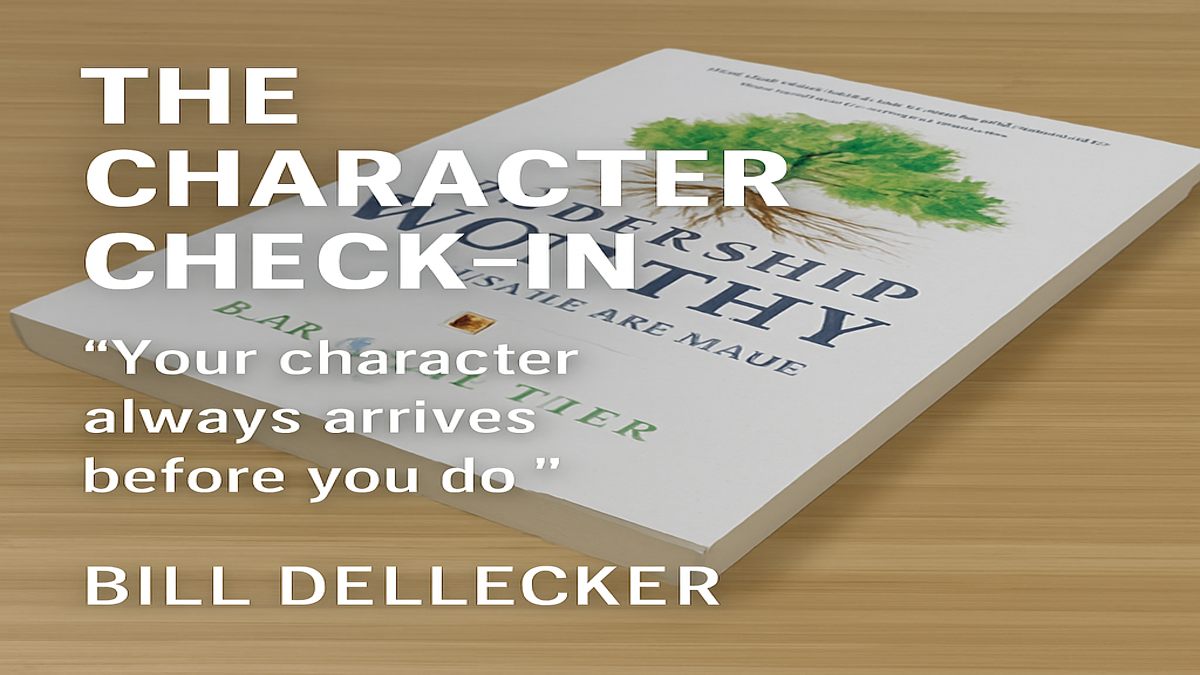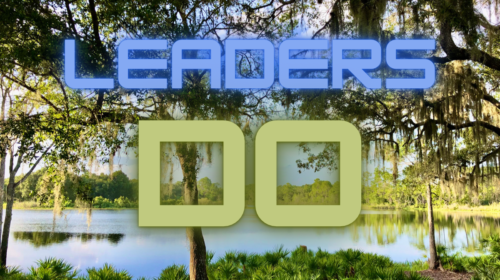By the People…
“It is rather for us to be here dedicated to the great task remaining before us — that from these honored dead we take increased devotion to that cause for which they gave the last full measure of devotion — that we here highly resolve that these dead shall not have died in vain — that this nation, under God, shall have a new birth of freedom — and that government of the people, by the people, for the people, shall not perish from the earth.”
In the 152 years that have passed since this address, the tenets of freedom and self-governance have been mightily tested on multiple occasions. Yet they have continued to persist. More than the idea that government should simply be “of the people” and “for the people”, linking these two elements is the essential belief that it must also be “by the people”. I’ve had two distinct experiences with government at the federal level this week which cause that point to resonate strongly with me.
As the 2016 presidential election process begins to crank to life, those who aspire to that lofty office must test their will and abilities to pursue that pinnacle of leadership. Yet meanwhile, the government machine that has been created through the years must continue to operate as executive leaders come and go through their terms in office. It is those interactions that reveal what “by the people” truly means.
Some may view that phrase as narrowly expressing that elected persons and those who work in government are “of the people” since they come from their midst and therefore their work is “by the people” as a default. I view this more broadly. To be “by the people” suggests to me that the citizenry must be involved in the work that their elected officials do (or not) on their behalf. When those functions drift apart from the people, a disconnect occurs. Another word for that disconnect is dysfunctional bureaucracy.
It is up to us, as citizens, to be engaged in the process. That comes in the form of voting in periodic elections, but is not nearly enough. It is incumbent on each of us to be informed on the issues that affect us and to engage with our government as needed. Government “by the people” suggests individual action and involvement; anything less can result in what government has the potential to do “to the people”, which is nowhere to be seen in Lincoln’s guiding principles.
I’ve heard one political thought leader talk this week about his vision for America and the belief that her best days lie ahead, while another elected official willingly engaged on an important issue to offer insight, direction and support. In both cases, it required effort and energy to participate in the process, but it felt good to be part of it. After all, for government to be “by the people” its powers and activities must flow from them and represent their best interests.







